Palestinian woman reveals how she and her family defied the odds to reach safety by fleeing war zone to Egypt
For Palestinians displaced by Israel’s attacks there is only way out of their besieged homeland
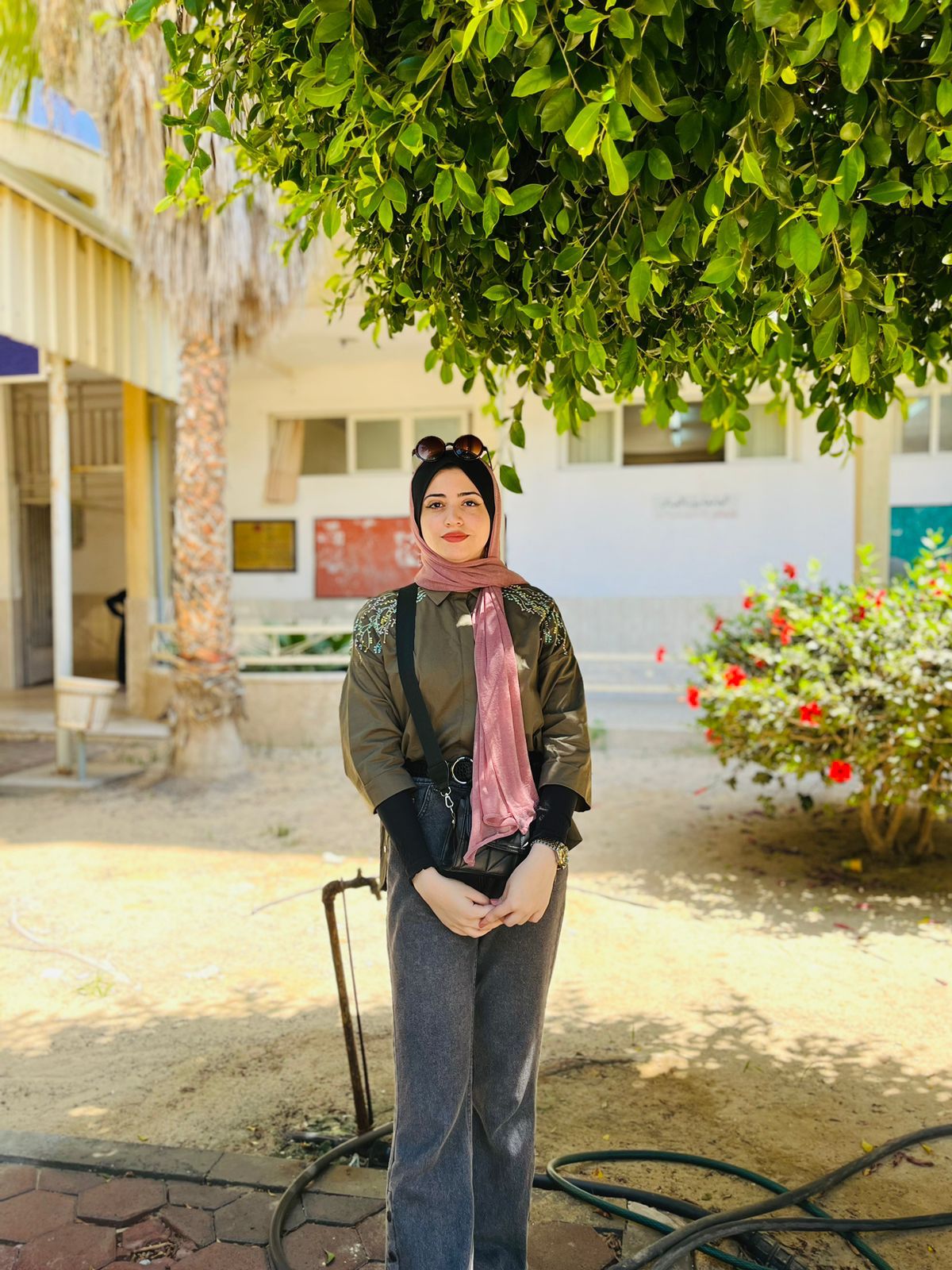
Your support helps us to tell the story
From reproductive rights to climate change to Big Tech, The Independent is on the ground when the story is developing. Whether it's investigating the financials of Elon Musk's pro-Trump PAC or producing our latest documentary, 'The A Word', which shines a light on the American women fighting for reproductive rights, we know how important it is to parse out the facts from the messaging.
At such a critical moment in US history, we need reporters on the ground. Your donation allows us to keep sending journalists to speak to both sides of the story.
The Independent is trusted by Americans across the entire political spectrum. And unlike many other quality news outlets, we choose not to lock Americans out of our reporting and analysis with paywalls. We believe quality journalism should be available to everyone, paid for by those who can afford it.
Your support makes all the difference.A Palestinian woman has described her family’s perilous journey to reach safety in Egypt, while millions of people remain trapped in wartorn Gaza.
Lna Shaqalaih , 22, and her family of seven were forced to flee their home following the Hamas attack on Israel on 7 October. Originally from Gaza City, the family made their way southwards to Khan Younis and later Rafah.
Before her life was turned upside down, Lna, a graphic designer, was months away from graduating with her multimedia degree at Gaza University. She had been due to start her dream role as part of the social media team for a telecommunications company.
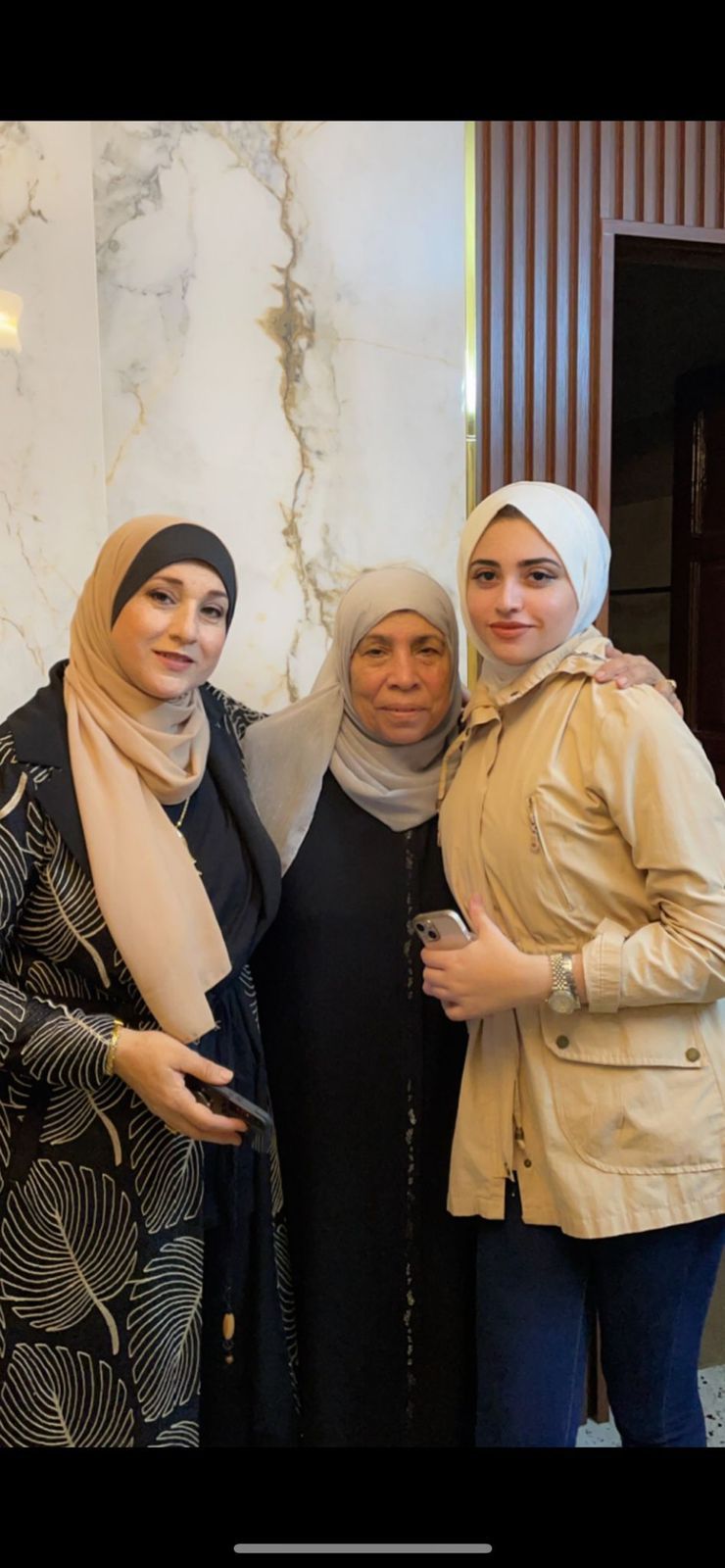
At least 31,000 Palestinians have been killed in the ongoing onslaught and famine across northern Gaza is imminent, with more than 70 per cent of Gaza’s 2.3 million population facing “catastrophic hunger”, a United Nations-backed report published on Monday warned.
On Saturday, the UN secretary general Antonio Guterres visited the border to discuss plans for a ceasefire as Israel continues to threaten to launch a major military operation in Rafah despite international calls to stop the devastating conflict.
According to the UN, 1.5 million Palestinians have been displaced to Rafah, the southern corner of the Gaza Strip, where an Israeli attack is imminent despite urgent calls for a ceasefire.
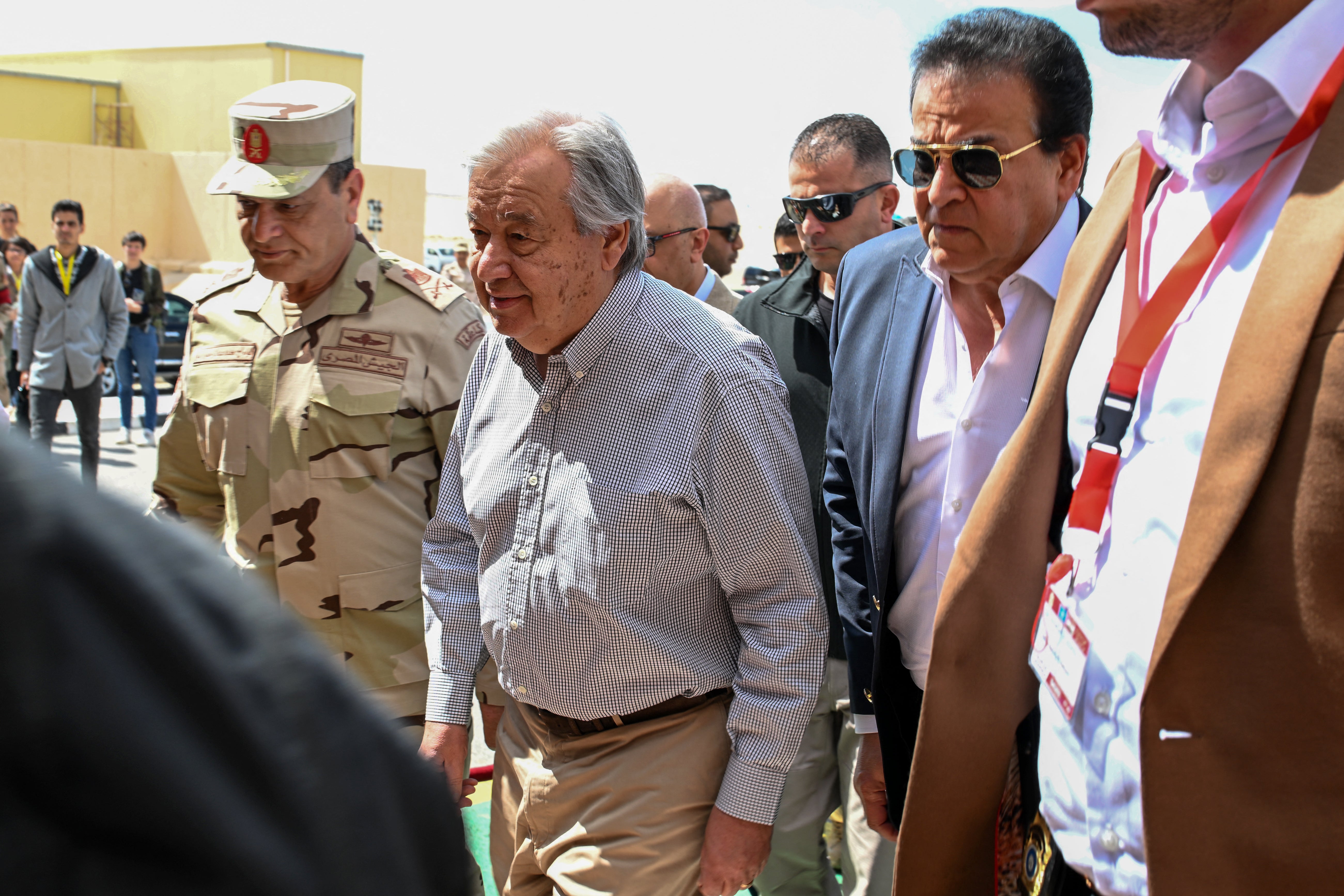
Lna said: “I can’t describe how hard it felt to leave my house; I cried like a little child, unable to tolerate that moment.
“Just imagine leaving everything behind – your house, your clothes, books, and all your possessions and memories. It truly hits hard.”
Lna left her home with her mother, Azhar AA Shaqalaih , 53, an English teacher, father, Monther, 55, a diplomat, sister, Sama, 21, a medical student, brother Zaid, 18, and aunt Haijar, 75, on 13 October.
Her eldest brother Mohammed, 27, an architect, was visiting Egypt when war broke out so he could not return to his homeland, instead he awaited the arrival of his family from across the border.
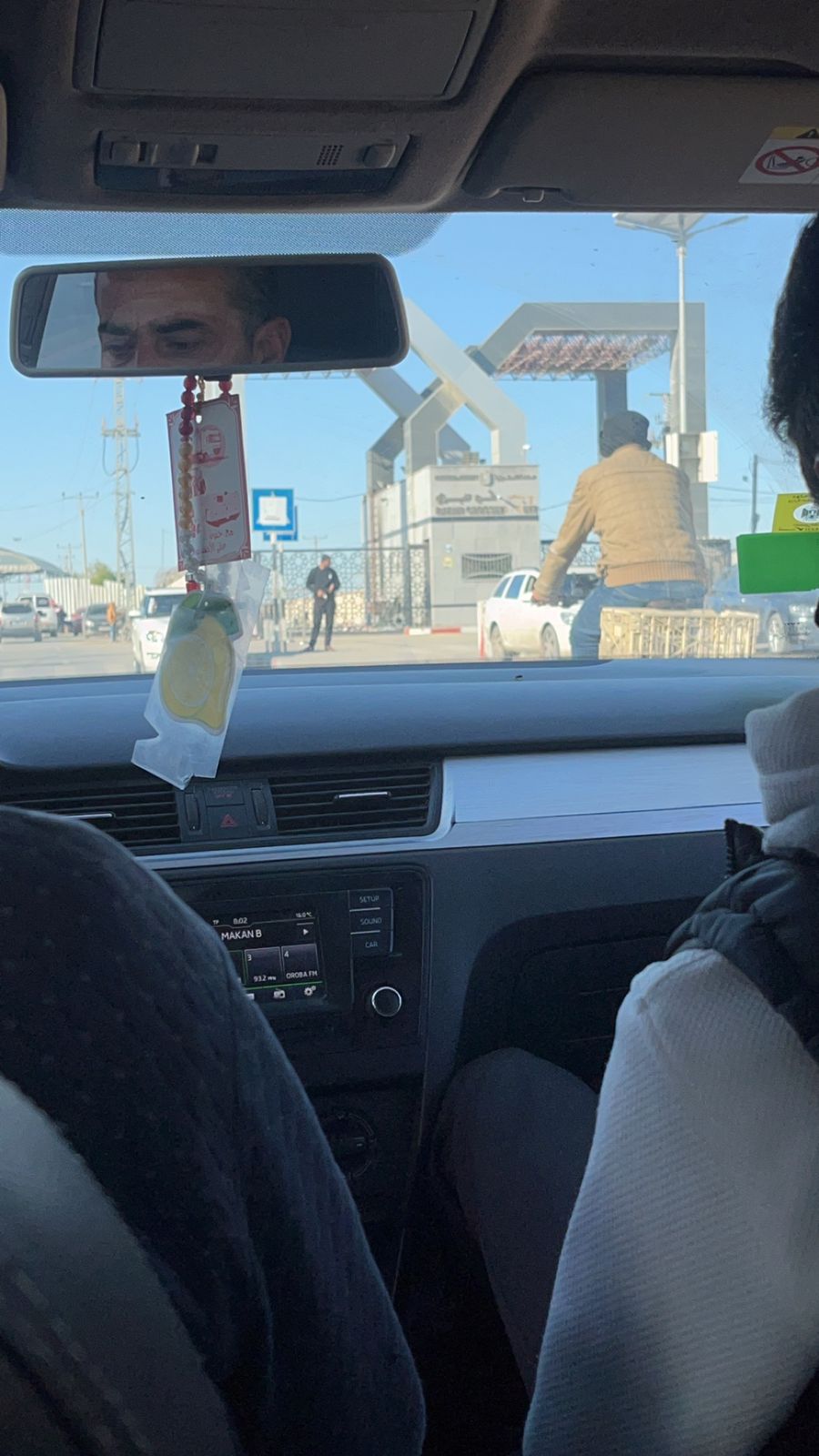
When the family fled to Khan Younis, they were forced to shelter in a 150 sq ft apartment with 70 other people.
The struggle did not end there, as food and water were in short supply and with no cooking oil, they had to use a woodfire as bombs dropped overhead.
“The sounds of warplanes and bombardments in the area were terrifying. All I could think about at that time was when it would be my turn to be bombed or targeted. It’s a war zone – what else would you expect?”
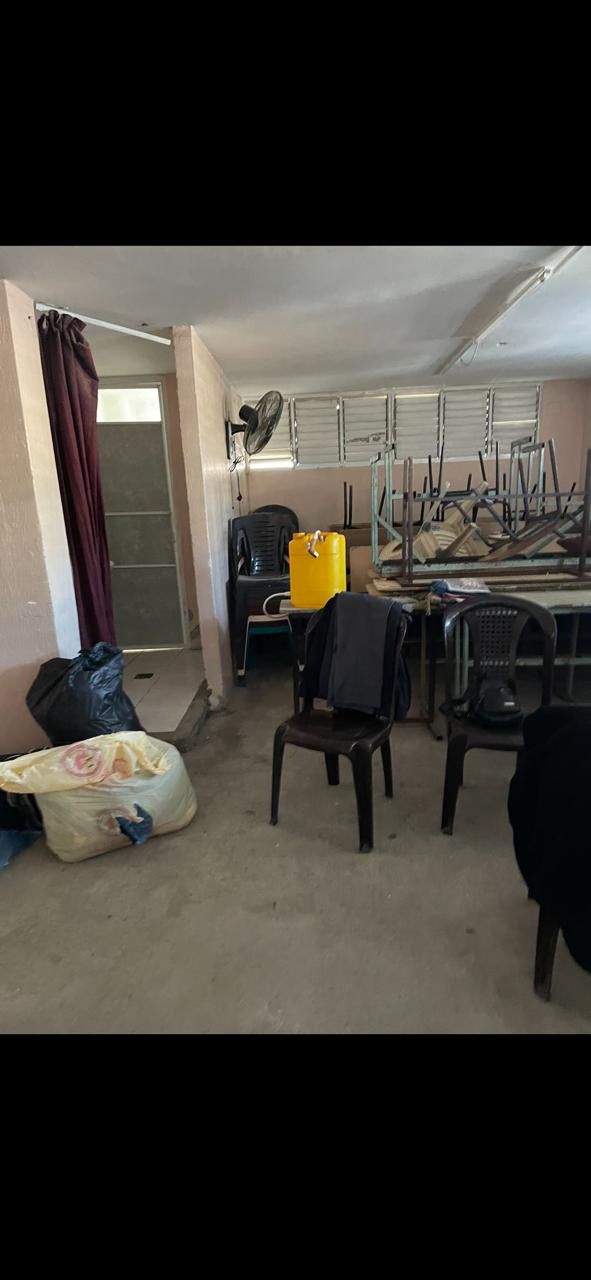
In early December, Lna was forced to flee again to Rafah from their relative’s apartment to live in a cramped, squalid room.
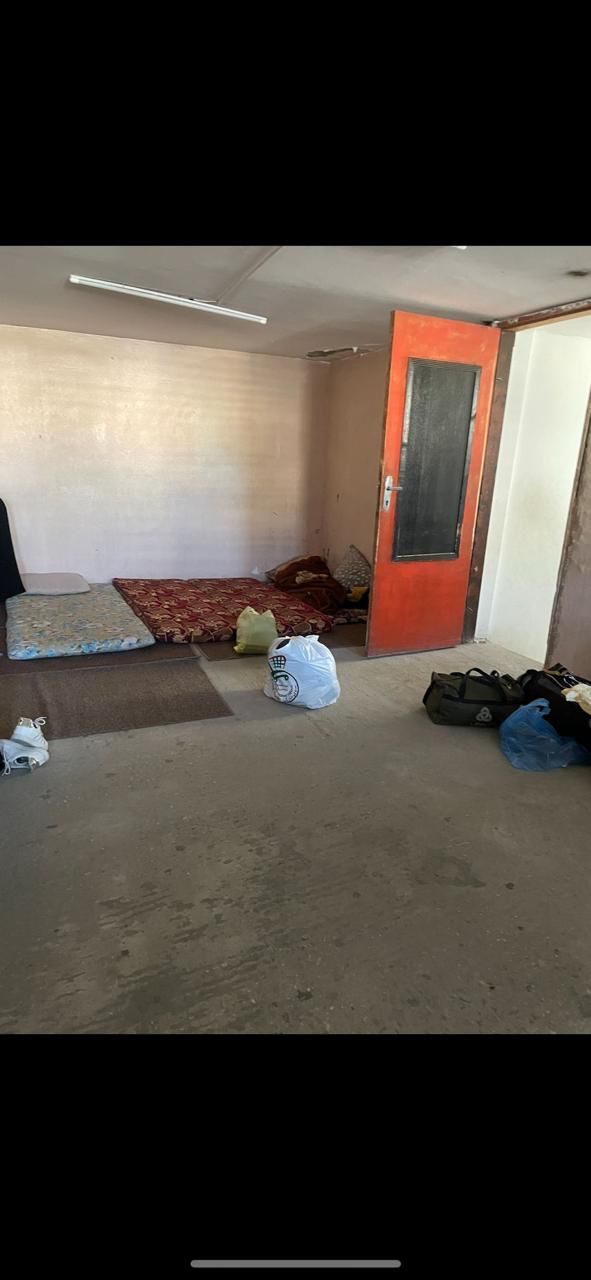
Lna’s 75-year-old aunt, Hijar, who suffers from high blood pressure and osteoarthritis found sleeping on the floor unbearable.
With the stifling danger of exiting in a war zone, the family decided to try and escape.
“All these challenges and hardships, along with the shortages in basic necessities like food and medicine, pushed us to leave Gaza,” she said. “The fear, the sadness, the despair, and the uncertainty were unbearable. My brother lost his office, we lost contact with our agents due to weak internet connection and no electricity.
“We couldn’t work for over five months now, and currently, we are left with no source of income. Our house was partially destroyed, I lost my dreams, and the life opportunities that I was preparing for years. It’s never easy to leave your homeland, your friends, relatives, and people, but we couldn’t bear life there anymore.
“I want to start anew and build a better life and future outside of Gaza.”
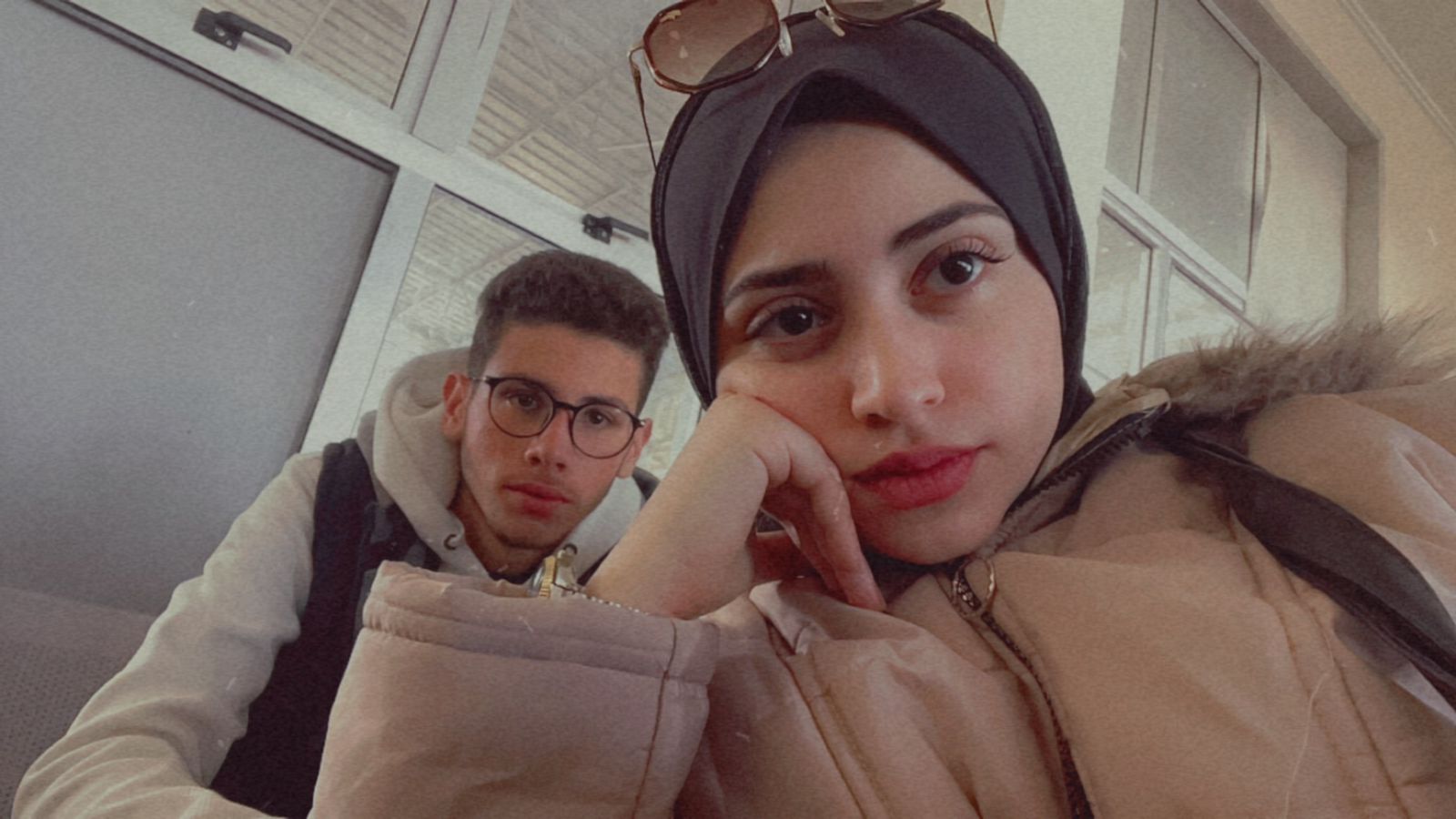
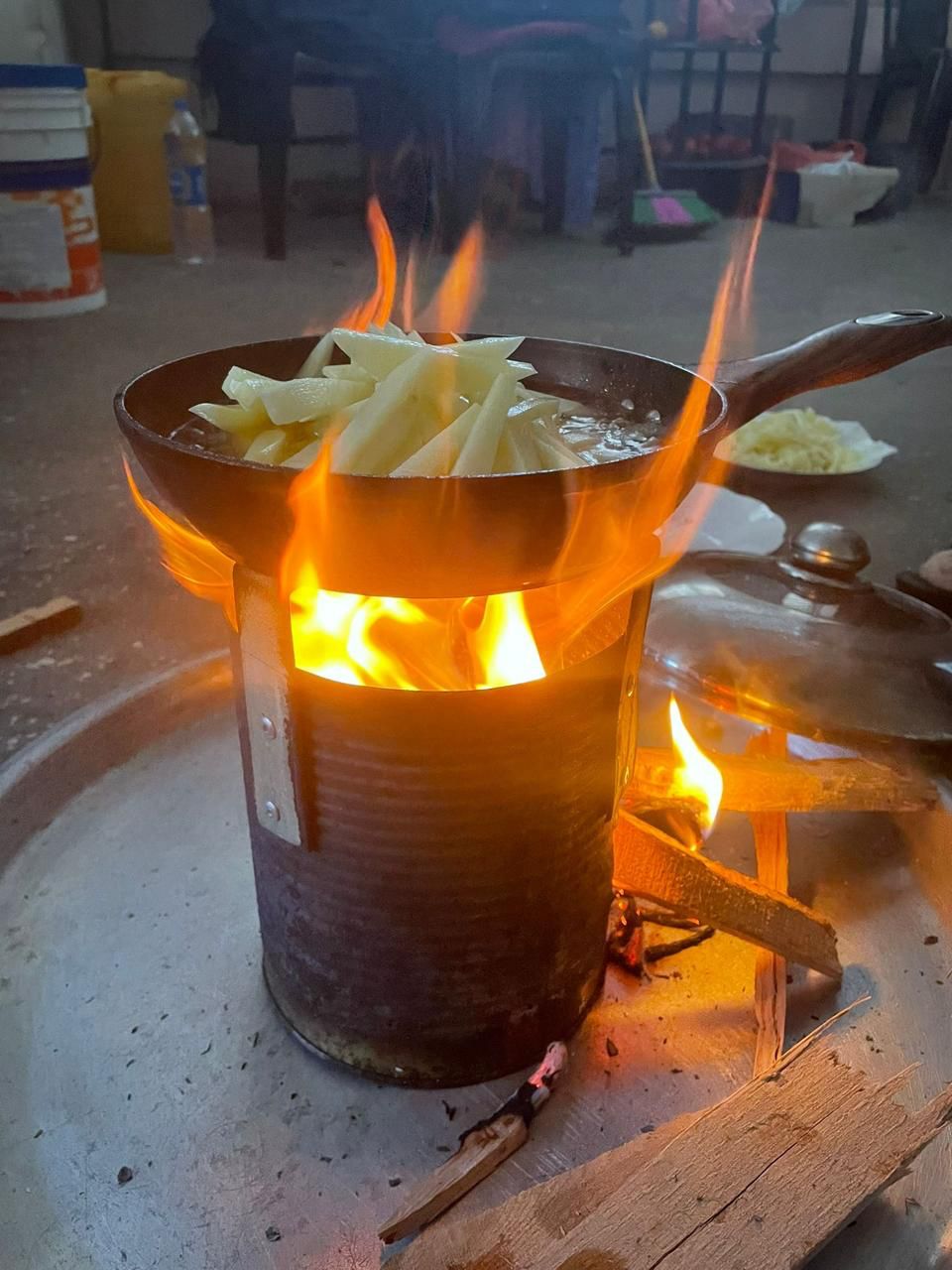
The only way out Lna and her family was to apply for extortionate travel permits through a travel company at $5,000 (£3,968) each. For the entire family that came to $30,000. Most Gazans cannot afford the tremendous amount of money for “coordination” – the process by which Palestinians leave the Gaza Strip.
Lna’s family looked for alternative permits in Egypt and her father, Monther, who is a diplomat, even attempted to leave through the Palestinian embassy. They also tried to escape with the help of an NGO, but all their efforts were futile.
The family sold everything they owned including their car and gold jewellery to cover the cost and three weeks later their names were on the Rafah crossing list into Egypt.
Before the conflict, the cost was a few hundred dollars and the waiting time varied between a few weeks to a few months. A Sky News investigation revealed the Egyptian company providing travel has increased its prices 14-fold since war broke out.
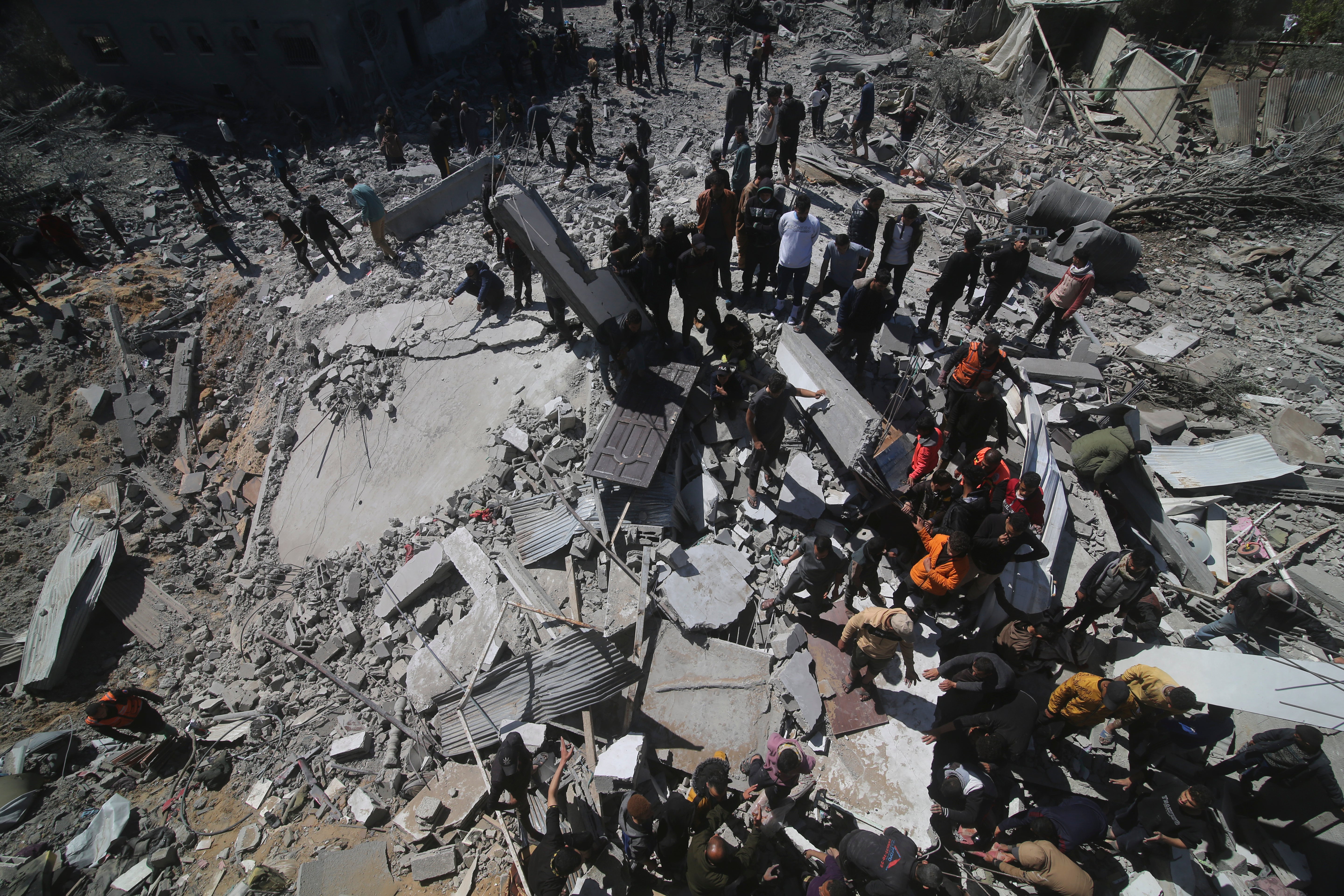
The family eventually obtained their permits and made their way across the border via the Rafah crossing.
After a five-hour wait in the Egyptian hall to get their passport stamps and a security check, the family were finally able to board the bus across the border to Cairo.
Despite reaching safety, Lna remains overcome with anxiety as she witnesses the destruction of her homeland and the killing of her loved ones from afar.
The 22-year-old has lost six loved ones in the brutal war: her cousin’s daughter Youmna, just six months old, was killed in an Israeli strike on Al Mamadani Hospital. Her mother, Maram, 35, was later killed in a bomb. Her best friend Baraa Abu Elaish, 26 was killed upon her return to Gaza from when she studied in Egypt, she has also lost her close friend Shimaa Alhato, 21 and Reem Alnakhala, 22.
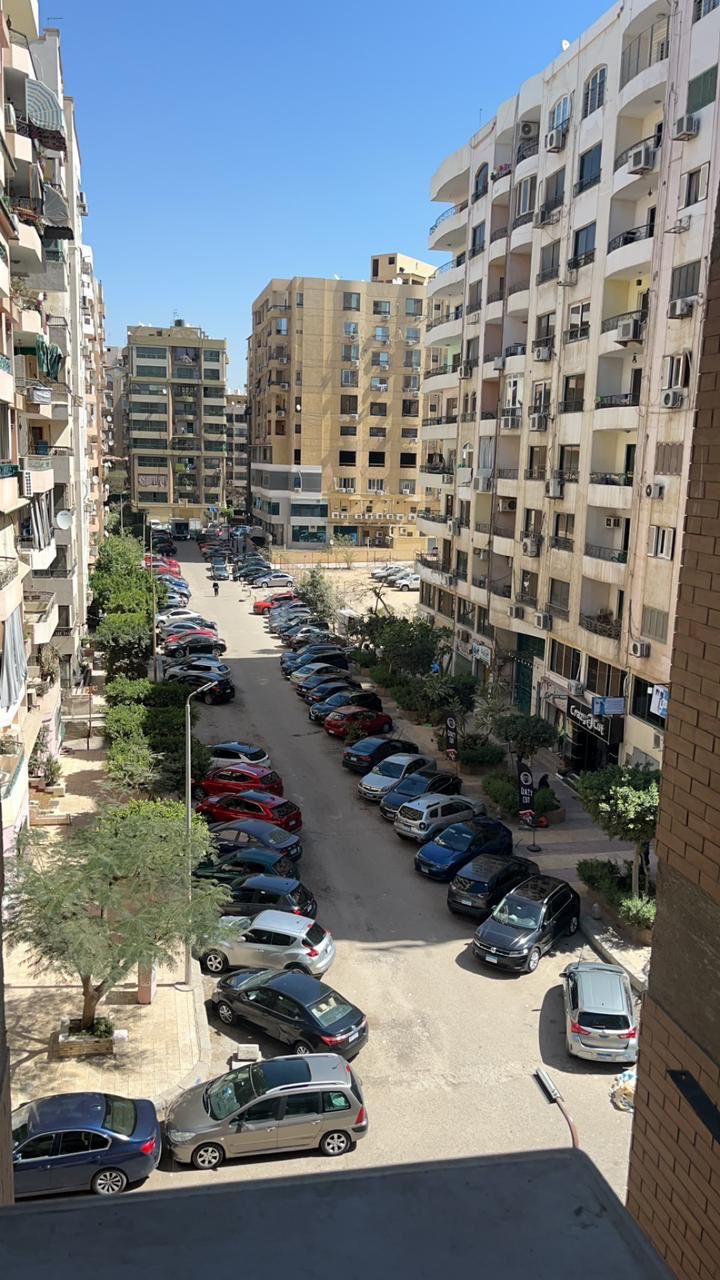
Lna explained: “I can’t imagine that I lost some of my beloved friends and relatives during this war.
“I feel like I live in a nightmare and that I will be able to see them all again when this nightmare ends, but I feel like crying when I realise the harsh reality.
“I’m just afraid I might lose someone else – a family member, a relative, or a friend. I get worried every morning when I wake up and open my phone, as I’m afraid there might be sad news.
“What we witnessed is beyond belief. You know, when we hear airplanes here in Cairo, we feel terrified. There are no airplanes in Gaza; there are only warplanes.”
Join our commenting forum
Join thought-provoking conversations, follow other Independent readers and see their replies
Comments